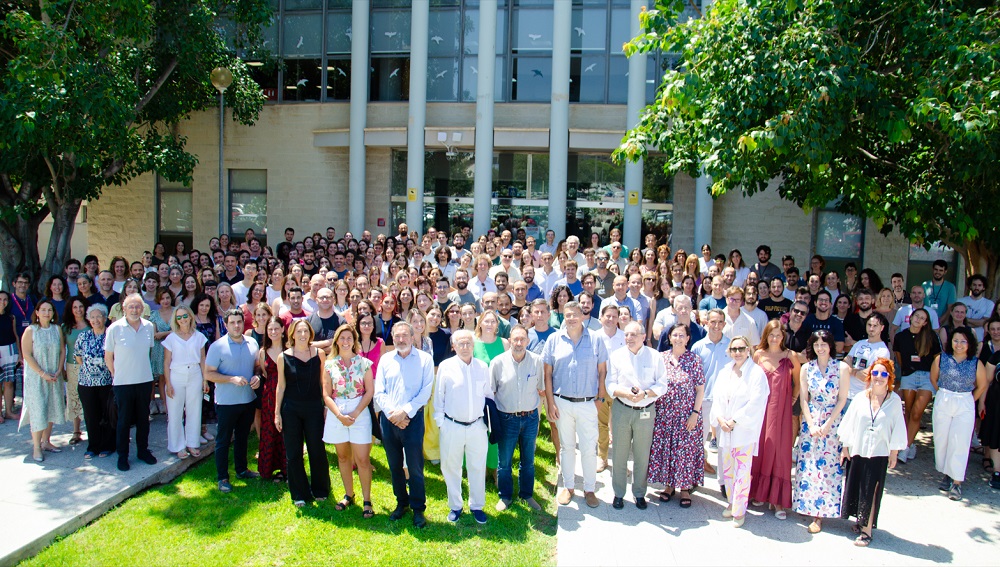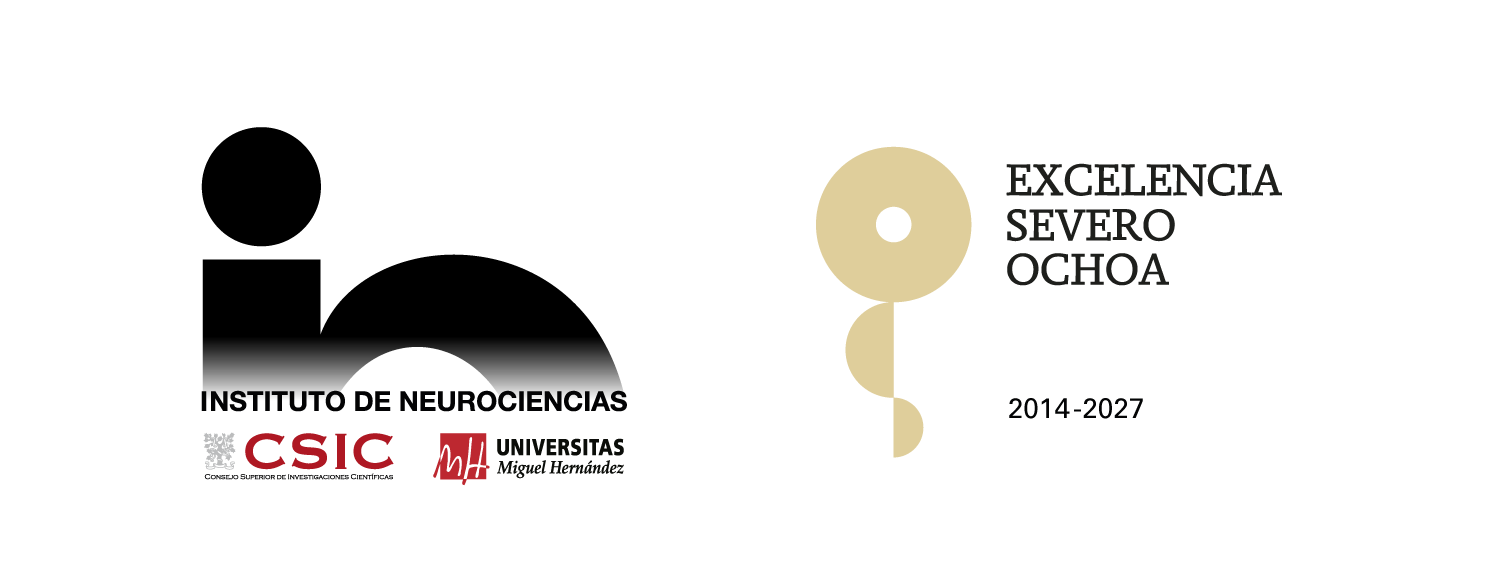FEVAFA recognizes the work of the Institute for Neurosciences
17 de September de 2024
The Valencian Federation of Associations of Relatives and Friends of People with Alzheimer's annually presents the FEVAFA Awards, in order to publicly recognize the work carried out by entities, institutions, and the Federated Associations themselves to improve the quality of life of those affected by Alzheimer's in the Valencian Community. This year the jury has unanimously decided to award the prize in the 'institutional' modality to the Institute for Neurosciences (IN), a joint center of the Spanish National Research Council (CSIC) and the Miguel Hernández University (UMH) of Elche.

With this award, FEVAFA publicly recognizes the work that the IN has carried out throughout its 25-year history: “The Institute is a leading research entity in Alzheimer's disease, in which a multitude of groups and research projects dedicated to this pathology stand out”, FEVAFA said in a statement.
Currently, the IN has several research groups that are developing cutting-edge research to develop new therapeutic strategies. The laboratory led by researchers Javier Sáez Valero and Salud García Ayllón investigates the altered molecular mechanism in Alzheimer’s disease and dementia, intending to develop diagnoses and treatments. For years, this team has studied how certain proteins, such as the APOE signaling pathway (apolipoprotein E) and reelin, essential for proper brain function, are altered in this disease.
Researcher Jose Vicente Sánchez Mut leads the Functional Epi-Genomics of Aging and Alzheimer’s Disease laboratory, in which he studies the molecular mechanisms behind brain aging and neurodegeneration, exploring how genetics and epigenetics, or "neuro-epigenetics", affect brain function in the long term. He is currently developing a large-scale study to determine how sleep quality influences resilience to Alzheimer’s disease and to understand the mechanisms through which it operates.
The Translational Imaging Biomarkers laboratory, led by researcher Silvia De Santis, focuses on the development, optimization, and application of innovative, non-invasive, and translational resonance imaging tools relevant to both basic and clinical research. The team is conducting an innovative project to observe immune system activation through brain scans. Their goal is to measure inflammation in vivo in Alzheimer's disease, improving detection through earlier diagnosis and treatment, as well as evaluating the effectiveness of anti-inflammatory therapies
In addition, researcher Encarni Marcos, from the Plasticity of Brain Networks laboratory, leads the APPZHEIMER project, whose objective is the creation of a software tool that can be used by anyone, at home or specialized centers, and that sends processed results to the health professional to help in making medical decisions by helping to detect early Alzheimer's, thus anticipating cognitive and pharmacological therapies.
Finally, the Cellular Plasticity and Neuropathology laboratory, led by researcher José P. López-Atalaya, studies the role of neuroinflammation in the development and progression of Alzheimer's disease. His work focuses on understanding how the diversity of states of microglia, the immune cells of the central nervous system, influences the progressive deregulation of neural tissue homeostasis and the associated deterioration of brain function.
The awards ceremony will take place on September 19, on the occasion of World Alzheimer's Day, which is celebrated on September 21, in an institutional event attended by several authorities, which will be held under the motto 'Som especifics' at 11:00 a.m. in the assembly hall of Alqueria de Julià (Valencia). During this event, the director of the Institute for Neurosciences, Ángel Barco, will receive the award and the researcher Jose Vicente Sánchez Mut will give an informative conference.
Source: Institute for Neurosciences CSIC-UMH (in.comunicacion@umh.es)

 Español
Español